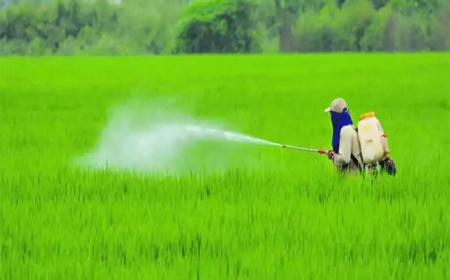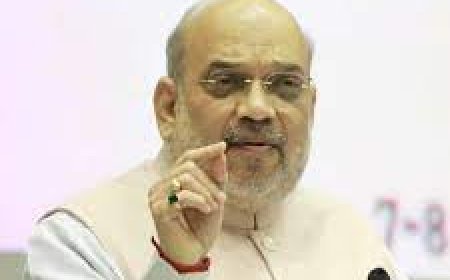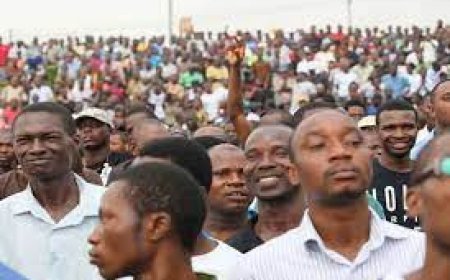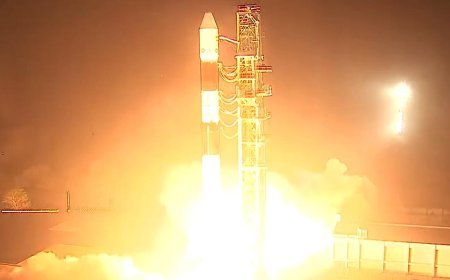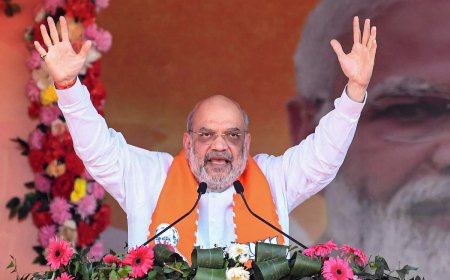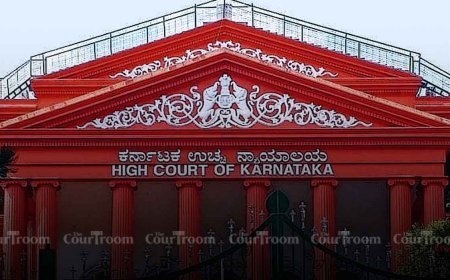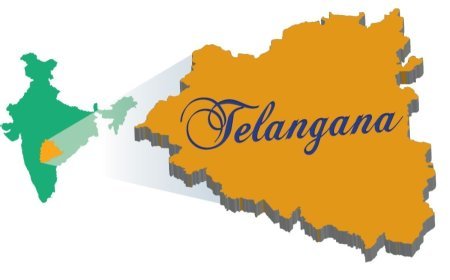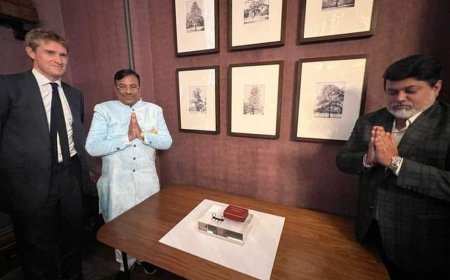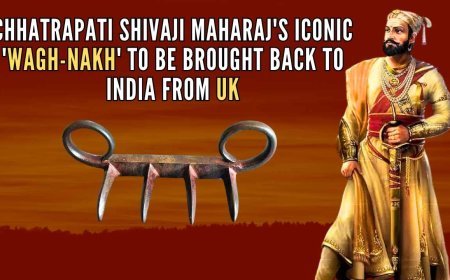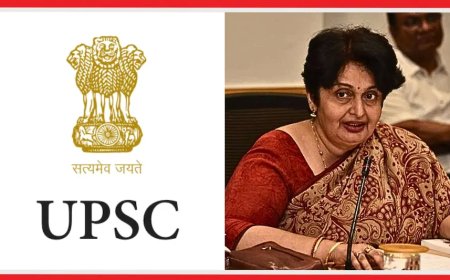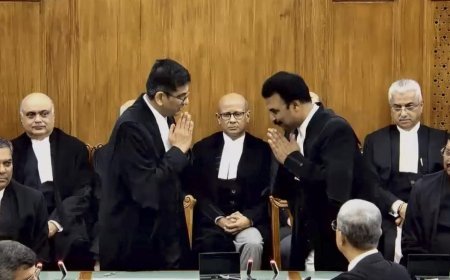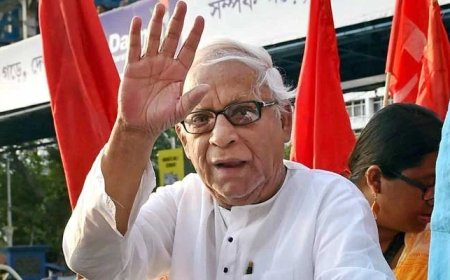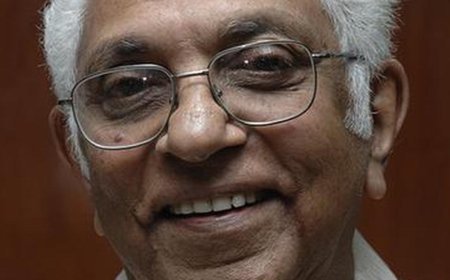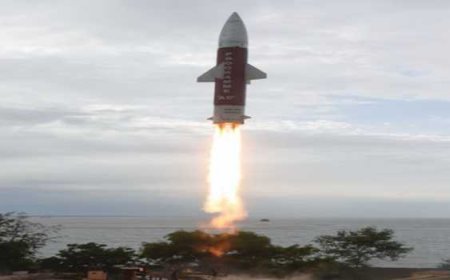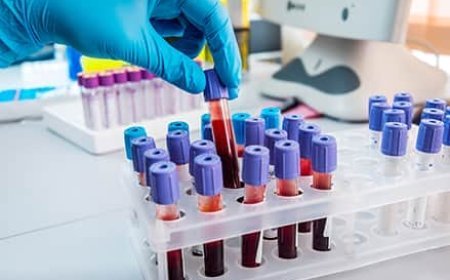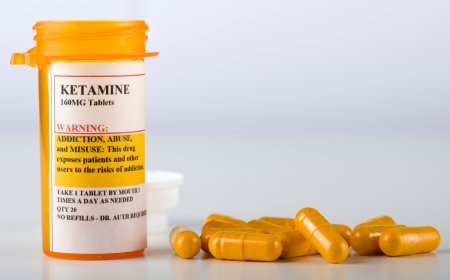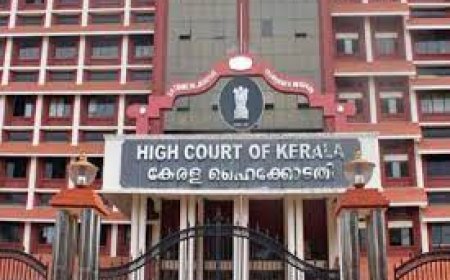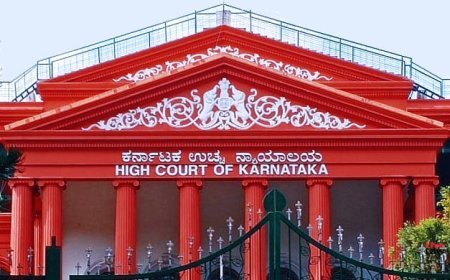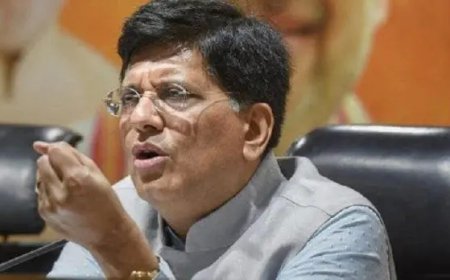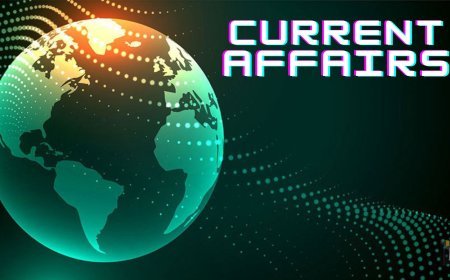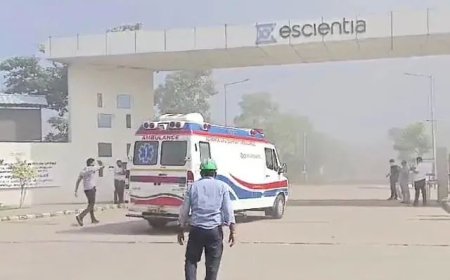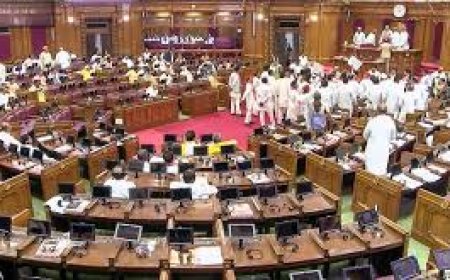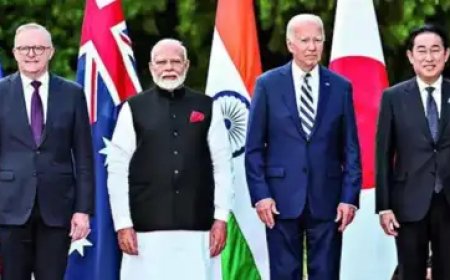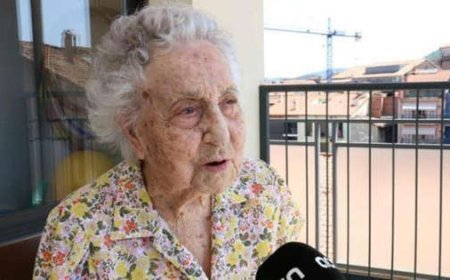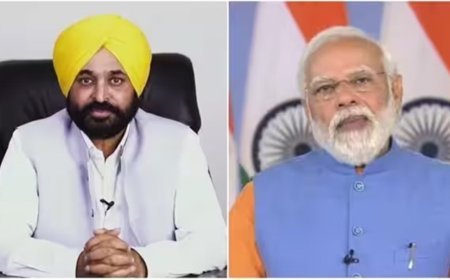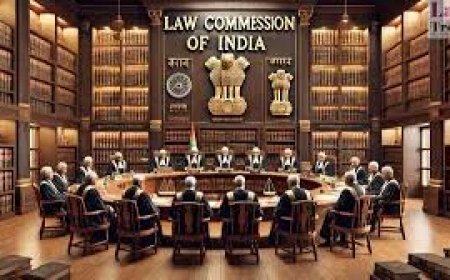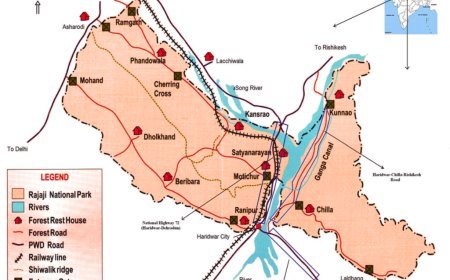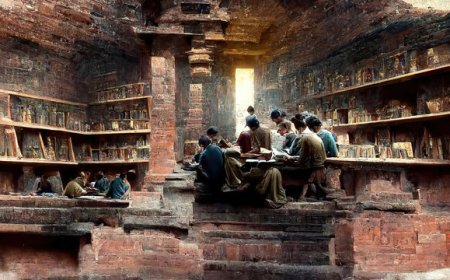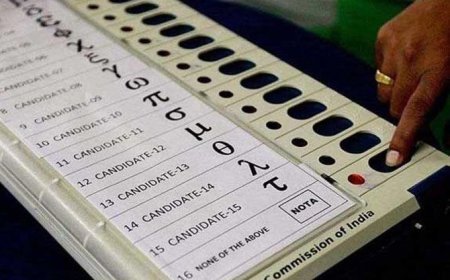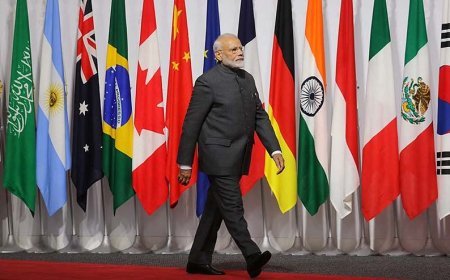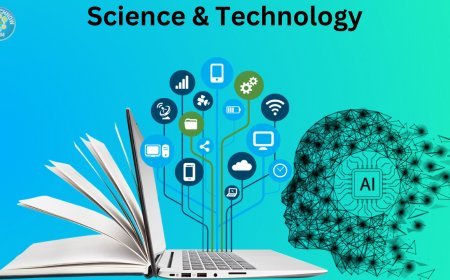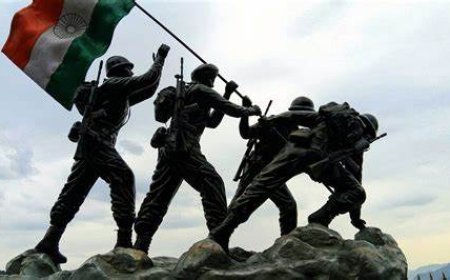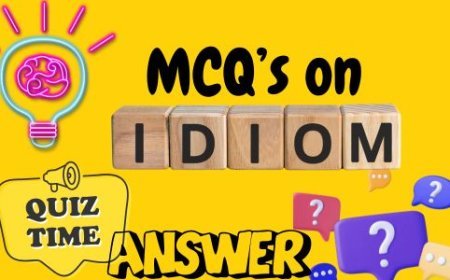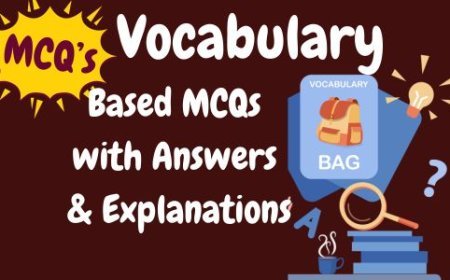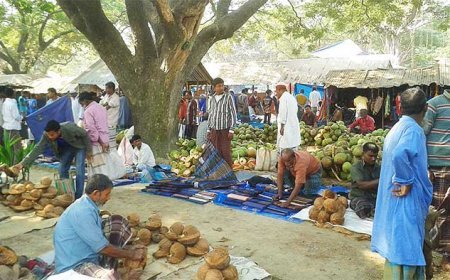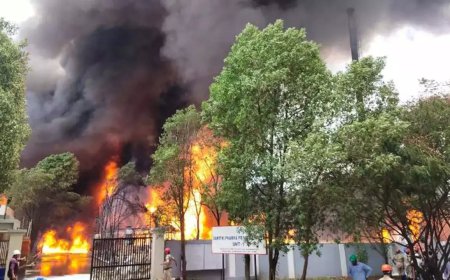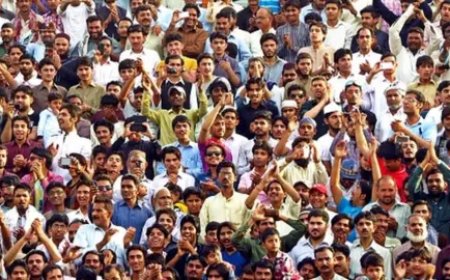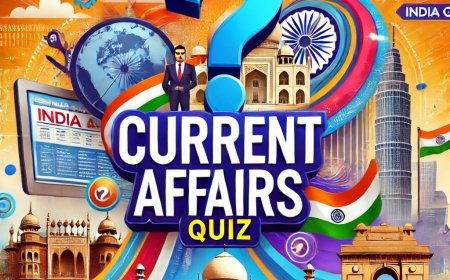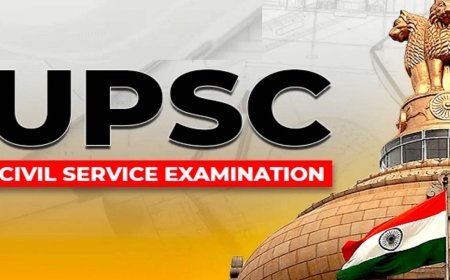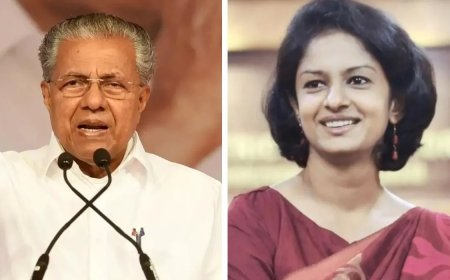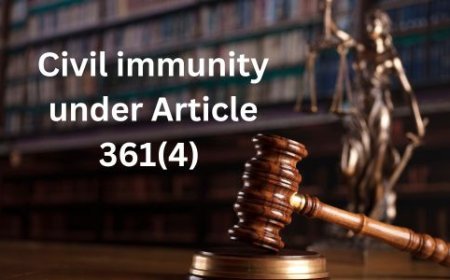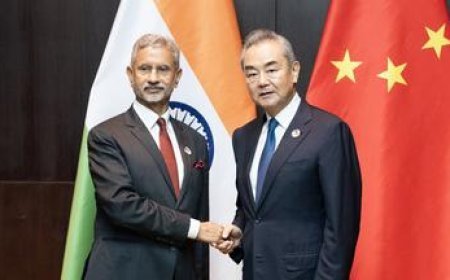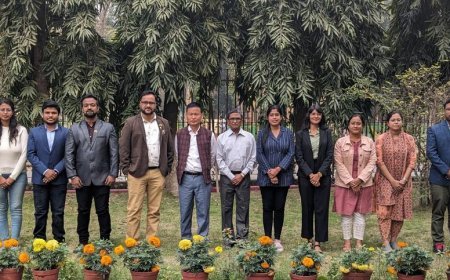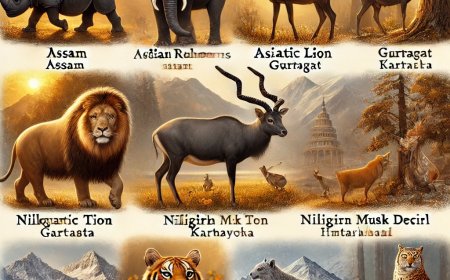Top News Stories of August 2024: Quiz on Polity and Governance

Top News Stories of August 2024: Quiz on Polity and Governance
1. Consider the following statements about DNA profiling in the justice system:
1. DNA profiling identifies individuals by analyzing the 99.9% of their DNA that is unique.
2. It is commonly used in forensic cases to match crime scene evidence with suspects.
Which of the above statements is/are correct?
A. Only 1
B. Only 2
C. Both 1 and 2
D. Neither 1 nor 2
Answer: B. Only 2
Explanation: DNA profiling focuses on the 0.1% of DNA that is unique between individuals, specifically in the form of Short Tandem Repeats (STRs), not the 99.9% that is identical across all humans. It is a crucial tool in forensic science to compare DNA found at a crime scene with that of a suspect to either implicate or exonerate them.
2. Consider the following statements regarding Article 370 of the Indian Constitution:
1. Article 370 granted special autonomous status to Jammu and Kashmir.
2. The abrogation of Article 370 bifurcated Jammu and Kashmir into two states.
Which of the above statements is/are correct?
A. Only 1
B. Only 2
C. Both 1 and 2
D. Neither 1 nor 2
Answer: A. Only 1
Explanation: Article 370 gave Jammu and Kashmir special autonomous status, allowing it to have its own constitution and decision-making powers on all matters except defense, foreign affairs, finance, and communications. However, after its abrogation in 2019, Jammu and Kashmir was bifurcated into two Union Territories: Jammu and Kashmir, and Ladakh, not two states.
3. Consider the following statements about the "Right to Be Forgotten" in India:
1. The right to be forgotten allows individuals to remove personal data from digital platforms.
2. The Supreme Court has established this right under the Digital Personal Data Protection Act, 2023.
Which of the above statements is/are correct?
A. Only 1
B. Only 2
C. Both 1 and 2
D. Neither 1 nor 2
Answer: A. Only 1
Explanation: The "Right to Be Forgotten" refers to an individual's ability to have their personal data removed from public platforms when it is no longer relevant or harms their privacy. Although recognized as part of the right to privacy under Article 21, it has not been explicitly codified in the Digital Personal Data Protection Act, 2023. Courts have upheld this right on a case-by-case basis, but there is no universal statutory framework for it in India yet.
4. Consider the following statements about the appointment of Governors in India:
1. The Governor is appointed by the President of India.
2. The Governor holds office for a fixed term of 5 years.
Which of the above statements is/are correct?
A. Only 1
B. Only 2
C. Both 1 and 2
D. Neither 1 nor 2
Answer: A. Only 1
Explanation: The Governor is indeed appointed by the President of India as per Article 155 of the Constitution. However, Governors do not hold office for a fixed term. While the tenure is typically 5 years, they serve at the pleasure of the President, meaning they can be removed or continue to serve beyond 5 years depending on the discretion of the President (Article 156).
5. Consider the following statements regarding the Waqf Act:
1. The Waqf (Amendment) Bill 2024 seeks to limit the unchecked powers of Waqf Boards.
2. The Waqf Board can declare any property as Waqf without verification under the 1995 Act.
Which of the above statements is/are correct?
A. Only 1
B. Only 2
C. Both 1 and 2
D. Neither 1 nor 2
Answer: C. Both 1 and 2
Explanation: The Waqf (Amendment) Bill 2024 is intended to introduce mandatory verification of properties declared as Waqf. Under the current Waqf Act of 1995, Waqf Boards have significant unchecked powers, including the ability to declare properties as Waqf without adequate verification, which has led to numerous disputes. The amendment aims to increase transparency and accountability within the system.
6. Consider the following statements about the role of the Lieutenant Governor (LG) in Delhi:
1. The LG can nominate aldermen to the Municipal Corporation of Delhi (MCD) independently.
2. The LG must seek the advice of the Chief Minister before making nominations.
Which of the above statements is/are correct?
A. Only 1
B. Only 2
C. Both 1 and 2
D. Neither 1 nor 2
Answer: A. Only 1
Explanation: The Supreme Court ruled in 2023 that the Lieutenant Governor (LG) of Delhi has the explicit power to nominate aldermen to the MCD without needing to consult the Chief Minister or the Delhi Government’s Council of Ministers. This ruling was based on the interpretation of the Delhi Municipal Corporation Act, 1957.
7. Consider the following statements about the abrogation of Article 370:
1. The abrogation of Article 370 revoked the special status of Jammu and Kashmir.
2. Jammu and Kashmir was merged with the neighboring state of Himachal Pradesh following the abrogation.
Which of the above statements is/are correct?
A. Only 1
B. Only 2
C. Both 1 and 2
D. Neither 1 nor 2
Answer: A. Only 1
Explanation: Article 370 granted Jammu and Kashmir special autonomy, which was revoked in 2019. However, Jammu and Kashmir was not merged with Himachal Pradesh. Instead, it was bifurcated into two separate Union Territories: Jammu and Kashmir, and Ladakh.
8. Consider the following statements regarding the Judicial Audit of Laws in India:
1. The judiciary can direct the government to conduct a performance audit of statutory laws.
2. The audit ensures that laws effectively serve the intended beneficiaries.
Which of the above statements is/are correct?
A. Only 1
B. Only 2
C. Both 1 and 2
D. Neither 1 nor 2
Answer: C. Both 1 and 2
Explanation: The Supreme Court has ruled that the judiciary has the power to direct the government to conduct performance audits of laws, especially if the laws are not serving their intended beneficiaries or are causing administrative difficulties. This ensures laws are properly implemented and achieve the purpose for which they were enacted.
9. Consider the following statements about the Jammu and Kashmir Reorganisation Act, 2019:
1. It divided Jammu and Kashmir into two Union Territories.
2. The Act allowed Jammu and Kashmir to retain its constitution.
Which of the above statements is/are correct?
A. Only 1
B. Only 2
C. Both 1 and 2
D. Neither 1 nor 2
Answer: A. Only 1
Explanation: The Jammu and Kashmir Reorganisation Act, 2019, divided Jammu and Kashmir into two Union Territories: Jammu and Kashmir, and Ladakh. The second statement is incorrect because, with the abrogation of Article 370, Jammu and Kashmir lost its special status and its separate constitution, and the Indian Constitution now fully applies to the region.
10. Consider the following statements about the "Right to Be Forgotten":
1. It is part of the right to privacy under Indian law.
2. It allows individuals to remove all public information about them, including criminal records.
Which of the above statements is/are correct?
A. Only 1
B. Only 2
C. Both 1 and 2
D. Neither 1 nor 2
Answer: A. Only 1
Explanation: The right to be forgotten is recognized under the broader right to privacy in India, but it does not allow individuals to remove all public information, especially records related to criminal cases. Its application is generally limited to irrelevant or outdated information that no longer serves a public purpose.
11. What is DNA profiling commonly used for in the legal system?
A. Identifying diseases
B. Convicting criminals
C. Analyzing genetic mutations
D. Conducting population studies
Answer: B. Convicting criminals
Explanation: DNA profiling is a forensic tool used to match evidence from crime scenes with suspects by analyzing unique regions of DNA. These regions, called Short Tandem Repeats (STRs), vary from person to person and can help identify or eliminate suspects in criminal cases.
12. What unique feature does DNA profiling rely on in humans?
A. 99.9% identical DNA
B. 0.1% unique DNA sequences
C. Mitochondrial DNA
D. Nuclear RNA
Answer: B. 0.1% unique DNA sequences
Explanation: While human DNA is 99.9% identical, it is the 0.1% variation in sequences, especially in Short Tandem Repeats (STRs), that allows DNA profiling to distinguish individuals in forensic investigations.
13. What provision was removed in August 2019 regarding Jammu and Kashmir?
A. Article 356
B. Article 370
C. Article 21
D. Article 51
Answer: B. Article 370
Explanation: Article 370 granted special autonomous status to Jammu and Kashmir, allowing it to have its own constitution and control over many matters except foreign affairs, defense, and communications. Its abrogation in August 2019 led to the reorganization of the state into two Union Territories.
14. What law was introduced to reorganize Jammu and Kashmir in 2019?
A. Jammu and Kashmir Reformation Act
B. Jammu and Kashmir Reorganization Act
C. National Security Act
D. Public Safety Act
Answer: B. Jammu and Kashmir Reorganization Act
Explanation: The Jammu and Kashmir Reorganization Act, 2019, was passed following the abrogation of Article 370. It split the state into two Union Territories: Jammu & Kashmir with a legislative assembly, and Ladakh without one.
15. Which court ruled that the right to privacy includes the "right to be forgotten"?
A. Delhi High Court
B. Madras High Court
C. Supreme Court of India
D. Gujarat High Court
Answer: C. Supreme Court of India
Explanation: In the landmark Justice K.S. Puttaswamy v. Union of India case (2017), the Supreme Court declared the right to privacy a fundamental right under Article 21 of the Constitution. This implicitly includes the "right to be forgotten," which allows individuals to request the removal of personal data from the internet under certain conditions.
16. Who appoints the Governor of an Indian state?
A. The Prime Minister
B. The Chief Minister
C. The President of India
D. The Parliament
Answer: C. The President of India
Explanation: As per Article 155 of the Indian Constitution, the Governor of a state is appointed by the President and holds office at the President’s pleasure. Governors act as the constitutional head of states.
17. Which amendment introduced Article 239AA, giving Delhi a unique status?
A. 69th Amendment
B. 72nd Amendment
C. 101st Amendment
D. 42nd Amendment
Answer: A. 69th Amendment
Explanation: The 69th Constitutional Amendment in 1991 granted Delhi the status of the National Capital Territory (NCT) and created its Legislative Assembly, giving it partial statehood. Article 239AA outlines the powers of Delhi's government and its Lieutenant Governor.
18. What authority does the Delhi LG hold regarding aldermen nominations?
A. Based on advice from the Delhi government
B. Independently without advice
C. On instructions from the President
D. On recommendations from the Supreme Court
Answer: B. Independently without advice
Explanation: The Supreme Court ruled that the Delhi Lieutenant Governor (LG) has the authority to independently nominate aldermen to the Municipal Corporation of Delhi (MCD) without needing the advice of the Delhi government’s Council of Ministers.
19. What is a key concern surrounding the Waqf Act (Amendment) Bill, 2024?
A. Religious interference
B. Inadequate land verification
C. Increasing Waqf Board’s power
D. Limiting women’s representation
Answer: B. Inadequate land verification
Explanation: The Waqf (Amendment) Bill, 2024, aims to address concerns about unchecked powers of Waqf Boards, especially their ability to declare properties as Waqf without proper verification, leading to disputes over land ownership and claims of misuse.
20. How is the DNA extracted for forensic purposes?
A. By chemical synthesis
B. Isolation from biological samples
C. Through genetic modification
D. Cloning the DNA
Answer: B. Isolation from biological samples
Explanation: DNA is extracted from biological materials like blood, saliva, and hair for forensic analysis. This DNA is then processed through various techniques to generate a DNA profile, which can be compared to evidence from a crime scene.
21. What is the primary legal protection against self-incrimination in India?
A. Article 21
B. Article 20(3)
C. Article 19
D. Article 14
Answer: B. Article 20(3)
Explanation: Article 20(3) of the Indian Constitution provides protection against self-incrimination, ensuring that no person accused of a crime can be compelled to testify against themselves. This is especially relevant in cases where DNA or other personal evidence is being used.
22. Which Union Territory was created after the abrogation of Article 370?
A. Daman and Diu
B. Ladakh
C. Lakshadweep
D. Chandigarh
Answer: B. Ladakh
Explanation: The abrogation of Article 370 led to the bifurcation of the state of Jammu and Kashmir into two Union Territories: Jammu & Kashmir, which retains a legislative assembly, and Ladakh, which does not have a legislative assembly.
23. What is a key limitation of DNA profiling in legal cases?
A. It is always accurate
B. It is expensive and prone to contamination
C. It guarantees a conviction
D. It can be easily manipulated
Answer: B. It is expensive and prone to contamination
Explanation: DNA profiling is a powerful forensic tool, but it is not foolproof. Contamination, degradation of samples, or improper handling can affect the reliability of the results. Additionally, the process can be costly, making it less accessible in some cases.
24. Which of the following is not part of the DNA profiling process?
A. Isolation
B. Amplification
C. Replication
D. Visualization
Answer: C. Replication
Explanation: DNA profiling involves the isolation, purification, amplification (replicating specific DNA sequences), and visualization of genetic markers. Full DNA replication is not part of this process, as profiling focuses only on key regions of variability.
25. How many Lok Sabha seats does Jammu & Kashmir have after the reorganization?
A. 4
B. 5
C. 6
D. 7
Answer: B. 5
Explanation: After the reorganization of Jammu & Kashmir into two Union Territories in 2019, Jammu & Kashmir retained five Lok Sabha seats. Ladakh, the newly formed Union Territory, has one Lok Sabha seat.
26. What year did the Supreme Court of India recognize the right to privacy as a fundamental right?
A. 1997
B. 2005
C. 2017
D. 2020
Answer: C. 2017
Explanation: In 2017, the Supreme Court of India, in the landmark Justice K.S. Puttaswamy v. Union of India case, recognized the right to privacy as a fundamental right under Article 21 of the Indian Constitution, overturning previous judgments that did not recognize privacy as fundamental.
27. What kind of property can be declared as Waqf?
A. Only immovable property
B. Only movable property
C. Movable and immovable property
D. Only government land
Answer: C. Movable and immovable property
Explanation: Waqf refers to the permanent dedication of movable or immovable properties for religious, pious, or charitable purposes as recognized by Islamic law. Once a property is declared Waqf, it is held in perpetuity for those purposes and becomes non-transferable.
28. What is the tenure of the Legislative Assembly of Jammu & Kashmir?
A. 4 years
B. 5 years
C. 6 years
D. 7 years
Answer: B. 5 years
Explanation: The Legislative Assembly of Jammu & Kashmir has a tenure of 5 years, similar to other states and Union Territories in India. This was set after the reorganization of Jammu & Kashmir in 2019.
29. What is the primary role of an alderman in the MCD?
A. Vote in parliamentary elections
B. Assist in municipal administration
C. Appoint the Chief Minister
D. Oversee national projects
Answer: B. Assist in municipal administration
Explanation: Aldermen are nominated members of the Municipal Corporation of Delhi (MCD) who are expected to have experience in municipal administration. They assist in governance decisions but do not have voting rights in MCD meetings, except in Wards Committees.
30. What is the key objective behind the abrogation of Article 370?
A. To improve defense capabilities
B. To integrate Jammu & Kashmir with the rest of India
C. To promote local autonomy
D. To enhance tourism
Answer: B. To integrate Jammu & Kashmir with the rest of India
Explanation: The primary objective behind the abrogation of Article 370 was to fully integrate Jammu & Kashmir with the rest of India, applying uniform laws and governance. It aimed to promote greater national integration and ensure equal rights and access to resources for its citizens.
31. What method is used in DNA profiling to increase the amount of DNA for analysis?
A. Isolation
B. Purification
C. Amplification
D. Quantitation
Answer: C. Amplification
Explanation: Amplification is the process of replicating specific regions of DNA to increase the amount of DNA available for analysis. This is done using a technique called Polymerase Chain Reaction (PCR), which is crucial for creating a DNA profile from small or degraded samples.
32. What happens to a property once it is declared as Waqf?
A. It can be transferred easily
B. It remains in private ownership
C. It becomes non-transferable
D. It is used for commercial purposes
Answer: C. It becomes non-transferable
Explanation: Once a property is declared as Waqf, it becomes non-transferable and is held in perpetuity for religious, pious, or charitable purposes. The property is considered to be dedicated to God, and its proceeds are used for the benefit of society, such as maintaining mosques, schools, or orphanages.
33. Which Indian constitutional article safeguards the right to life and personal liberty?
A. Article 15
B. Article 21
C. Article 19
D. Article 14
Answer: B. Article 21
Explanation: Article 21 of the Indian Constitution guarantees the right to life and personal liberty. Over the years, the Supreme Court has expanded the interpretation of this article to include various rights such as the right to privacy, clean air, health, and dignity.
34. The "right to be forgotten" is primarily related to:
A. Deleting criminal records
B. Removing personal data from the internet
C. Claiming compensation for defamation
D. Restricting media from publishing names
Answer: B. Removing personal data from the internet
Explanation: The "right to be forgotten" refers to an individual's ability to request the removal of outdated, irrelevant, or inaccurate personal data from the internet. This right is part of the broader right to privacy but does not extend to removing public records, such as court rulings.
35. Which court emphasized that DNA evidence must be corroborated by additional evidence in legal cases?
A. Gujarat High Court
B. Supreme Court
C. Madras High Court
D. Bombay High Court
Answer: C. Madras High Court
Explanation: In a 2024 ruling, the Madras High Court emphasized that DNA evidence, while powerful, should not be relied upon in isolation. The court highlighted the need for corroborating evidence to establish guilt beyond reasonable doubt, particularly in cases where the DNA evidence is not definitive or is potentially contaminated.
What's Your Reaction?







